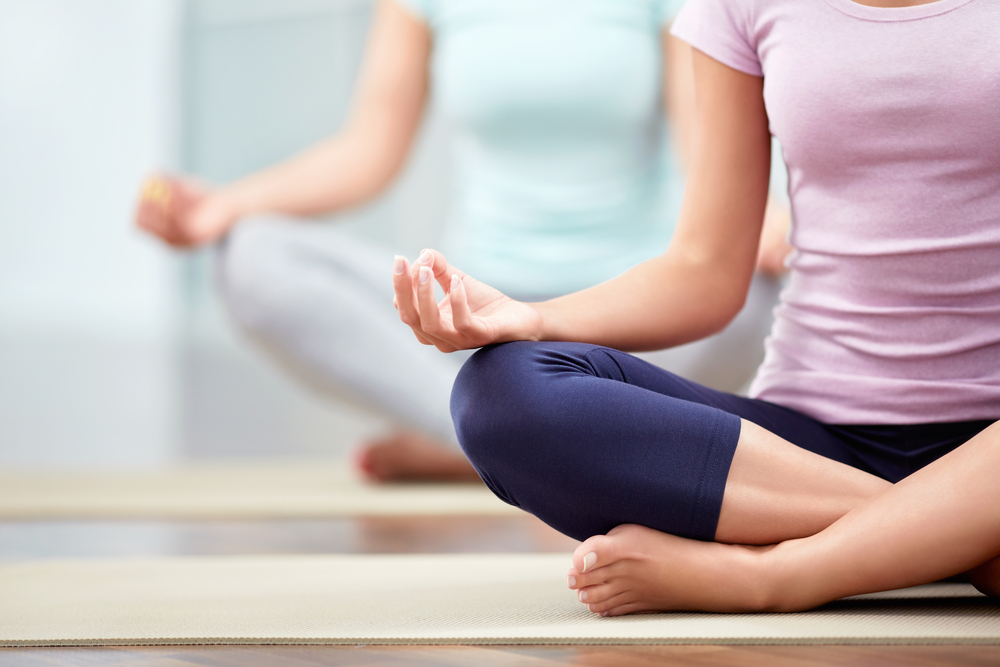Yoga was originated in India, and is the oldest form of practise of self enhancement. It refers to the physical postures, the mental disciplines, the breath control, the meditation, and the body stretching that reduces one’s stress. In fact, in Britain, several companies are considering the advantage of classical yoga, acknowledging that calm workers are more creative and healthier, and are actively promoting yoga health programmes.
Yoga comes from the Sanskrit word “yoke” which means to bring together – the mind, the body, and the spirit. There are lots of benefits of yoga when used for stress management and for well-being: it reduces stress, anxiety, and tension; it improves medical conditions; it lowers the blood pressure; and it slows the ageing process.
Yoga mainly involves forming different poses and body stretching, while at the same time controlling the breathing. The different styles of yoga are similar to aerobic workouts and moving into every pose. Some people use the practise of yoga as form of exercise. Aside from the physical benefits of yoga, it also gives spiritual and psychological benefits.
Does yoga also have its disadvantages, Yoga does need dedication of time and it is really difficult for individuals with definite physical limitations. While doing some poses and styles, people tend to be self-conscious. Yoga fitness can be costly, although it is more difficult to study from a video or a book. For people with physical limitations, simple meditation and breathing exercises might be an option to them while providing the same benefits. Yoga also needs more effort and dedication than using supplement pills or some herbs for reducing stress.












